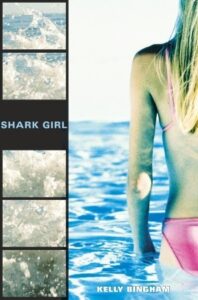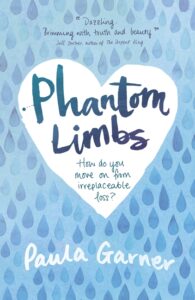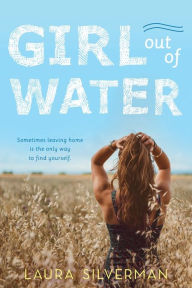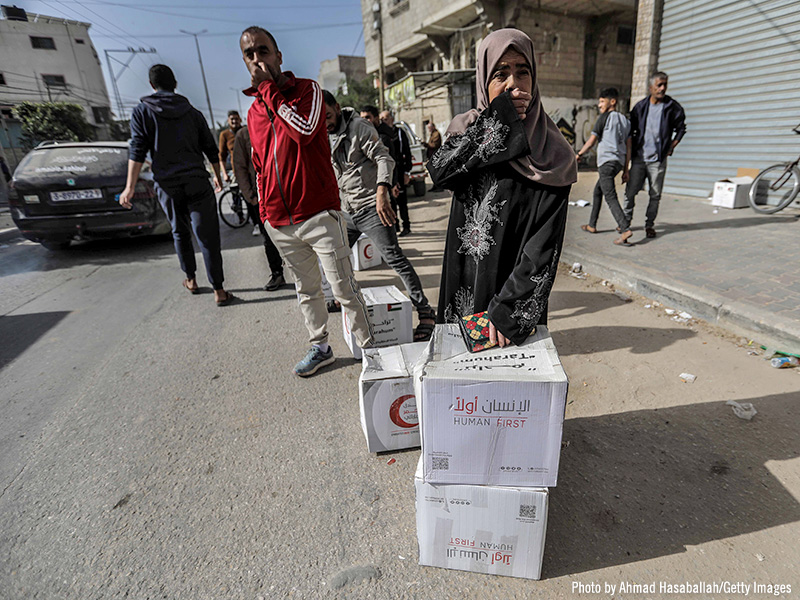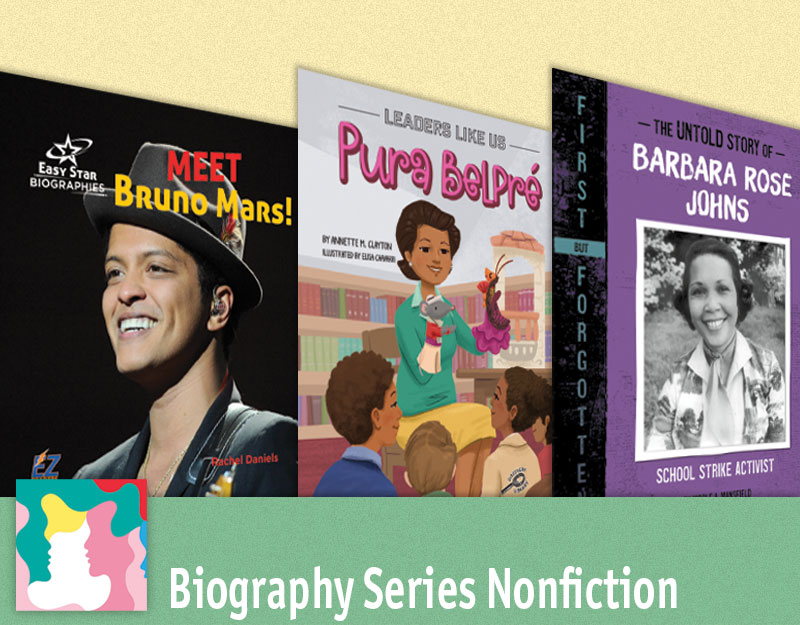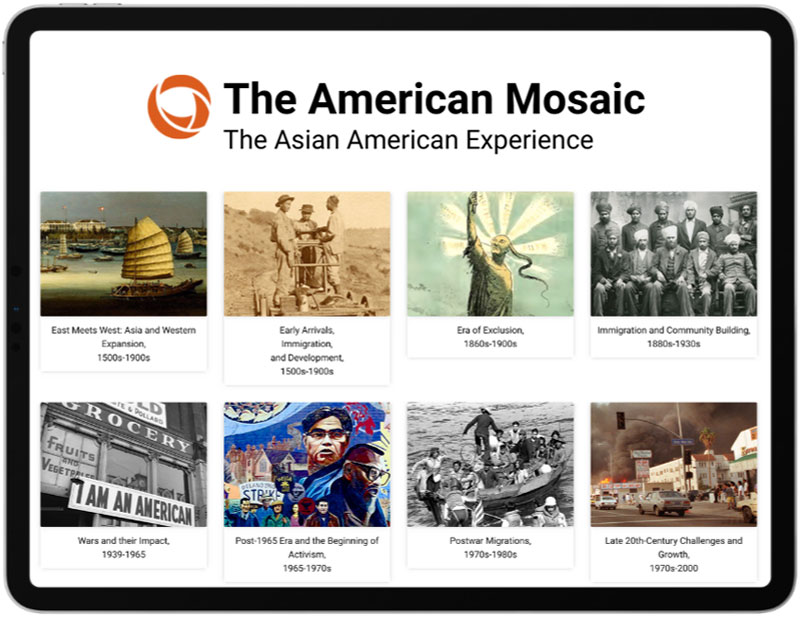YA A to Z: Telling a Different Amputee Story, a guest post by Mindy Rhiger
It’s the second week of January, which means we’re discussing the Letter A in YA A to Z. Today we are talking about amputees with the librarian and blogger Mindy Rhiger
You can find out more about YA A to Z here.
Perhaps I shouldn’t have chosen to read Phantom Limbs so quickly after reading Shark Girl. But in my defense, who expects another shark attack story? What are the odds?
If you’re reading fiction, the odds are pretty good that there will be a dramatic backstory for each character. That’s what we want, right? Lots of drama? That’s how we end up with so many shark attacks in fiction. When there aren’t sharks, there are tragic accidents that loom over our amputee characters’ pasts. There’s always something, and that something has probably taken away the thing our character loved the most.
ADVERTISEMENT
ADVERTISEMENT
I get it. This is a good story.
But, if I’m honest, I almost stopped reading Phantom Limbs when it was revealed to be a shark attack that took Dara’s arm. While it’s true that trauma is the cause of the majority of amputations (77%) and less than 10% are congenital like mine, I am tired of reading the same story over and over again. Not all amputees are survivors of trauma, and I expect that shark attacks are the cause of very few of those traumas. Perhaps less than 10%.
That is not to say that Phantom Limbs is a bad story. Nor are the many other stories published for young readers that follow the tragic accident/recovery formula. I’ve really appreciated a lot of what some of these books had to offer. The search for identity outside what people see in Shark Girl, the difference a prosthetic device can make in A Time to Dance, and the mixed feelings that come from getting attention from your physical difference in The Running Dream.
Amputee Awareness: 10 Facts You Should Know
But I admit that what I really want are stories with amputee characters that move away from the tragic accident/recovery formula. I want the few titles I do know of that do this to be more widely read.
I want these things because I get the question “How did you lose your arm?” from kids on a daily basis.
Because I recently had a child reply to my explanation of having been born without an arm with “Um, actually, I’m pretty sure you broke your arm.”
Because most adults never ask about my arm at all. They just assume that disability equals some kind of tragedy, either past (tragic accident) or present (loss of a treasured ability or talent).
Limb Loss Statistics – Amputee Coalition
People think they know my story without ever having to listen to it. Even if they don’t ask they fill in the tragedy from imaginations fueled by pop culture, including books. The truth is that my story is not tragic, and I had no recovery or adjustment period to work through, no loss to speak of. I was born with blond hair, blue eyes, five fingers, and ten toes. It’s an interesting fact about me, but that’s it. It is—has always been—my normal. I have no phantom pain, literally or metaphorically. In my experience, that’s the hardest thing for people to understand.
Disability in Kidlit
I like to think that one day I’ll write a novel for teens that captures my experience in a way that helps people understand, but until I get around to it, I’ll continue to direct readers who are open to a different kind of amputee story to these books:
For Middle Schoolers:
Insignificant Events in the Life of a Cactus by Dusti Bowling
Red Butterfly by A.L Sonnichsen,
For High Schoolers:
Dangerous by Shannon Hale
Tripping by Heather Waldorf
Girl Out of Water by Laura Silverman.
Meet Mindy Rhiger
Mindy Rhiger is a librarian and a writer in Minneapolis. She likes to read books and spend time with her family. Also, she is a congenital amputee and uses a prosthetic arm in her daily life. You can read more about it on her FAQ: Fake Arm 101. Proper Noun Blog – Twitter
Filed under: #YAAtoZ
About Karen Jensen, MLS
Karen Jensen has been a Teen Services Librarian for almost 30 years. She created TLT in 2011 and is the co-editor of The Whole Library Handbook: Teen Services with Heather Booth (ALA Editions, 2014).
ADVERTISEMENT
ADVERTISEMENT
SLJ Blog Network
2024 Books from Pura Belpré Winners
Passover Postings! Chris Baron, Joshua S. Levy, and Naomi Milliner Discuss On All Other Nights
Winnie-The-Pooh | Review
Parsing Religion in Public Schools
ADVERTISEMENT



